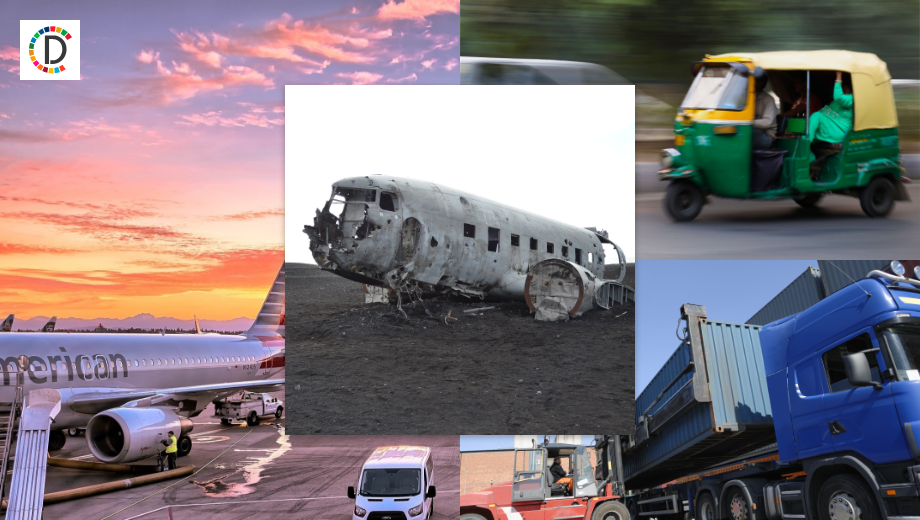ICAO at 80: Navigating the Skies of Change and Challenge
The global air travel framework established by the International Civil Aviation Organization (ICAO) faces modern tests managing increased traffic and emissions. Celebrating 80 years, ICAO is evaluating future strategies such as sustainable fuel use amidst political tensions and evolving airspace demands.

The International Civil Aviation Organization (ICAO) marks its 80th anniversary at a special session in Chicago, reflecting on its historic contributions and facing current challenges in modern air travel. The celebration takes place where the Convention on International Civil Aviation was first signed in 1944, laying the groundwork for global aviation standards.
Despite its lack of enforcement authority, ICAO has relied on consensus to set aviation standards, a practice now tested by emerging issues like increased air traffic and emission concerns. "We are going to celebrate the past, of course, but we want to take this opportunity, this celebration to look forward," said ICAO Council President Salvatore Sciacchitano.
As the aviation industry evolves, ICAO aims to facilitate the adoption of sustainable aviation fuel and manage rising airspace demands, particularly from Asia and the Middle East. Meanwhile, political tensions like those involving Russia, Belarus, and North Korea challenge ICAO's ability to maintain airspace sovereignty and global aviation security.
(With inputs from agencies.)










